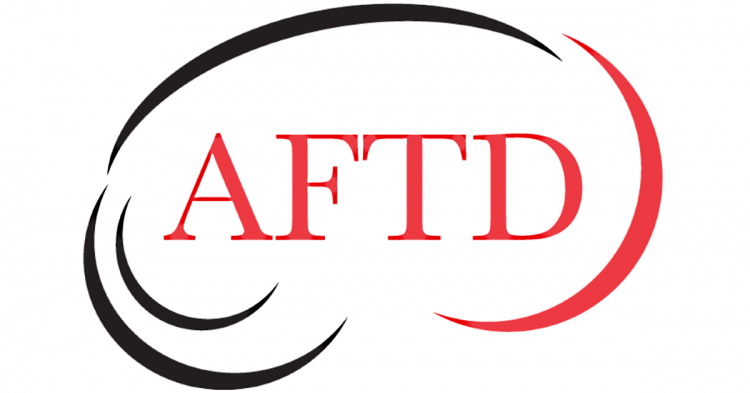
The Association for Frontotemporal Degeneration (AFTD): Opening the Gateway to Help and a Cure http://www.theaftd.org/. The AFTD is our community partner!
Today was Day 1 (of 2) of the National Research Summit on Care, Services and Supports for Persons with Dementia and Their Caregivers (Watch). We'd like to highlight the AFTD's Sharon Denny's brief but powerful statement on frontotemporal degeneration (FTD):
"I would like to spotlight the younger folks with dementia and their younger caregiving population. In the population of people under 60, frontotemporal degeneration (FTD) is the most common form of dementia. It's a form of dementia that doesn’t have memory as its primary issue. The disease is much more marked by changes in behavior, personality, and language. We know that dementia in mid life brings with it a multitude of different challenges. FTD hits a family at a different point in their life and development. In terms of the economic impact, we've now documented that the economic impact for younger dementias are much higher than for later-onset dementias. We know that when a family is struck with dementia in mid life they experience disruptions in the family and social dynamics and roles people play in much more dramatic ways. In mid life, people are not prepared to access the types of aging services they will need, so I'd like to make sure that we mark that today."
"I'd also say that as far as research in this population, the AFTD can now demonstrate that we have a very engaged community. The earlier study mentioned on the economic impact of FTD was based on a survey (See the FTD Economic Burden Study in Neurology). We asked caregivers to complete a lengthy 2-hour survey. We had 674 people completely it, which is by far the largest FTD sample size for such a survey around caregiving that’s ever been done. We also now know that the FTD Disorders Registry, started just under a year ago, now has over 1,000 people signed up. There is an awful lot of work to be done, and I'd like to say that when we look to try to include all the different types of dementia in research studies, we know we have people who want to participate. Thank you."
This summary of economic & social impact of FTD reflect important issues in the care and services discussion @AFTDCure #DementiaCareSummit https://t.co/vVCl8xlGCn
— Sharon Denny (@SSDenny) October 16, 2017
Links:
G.E. Galvin et al. The social and economic burden of frontotemporal degeneration. Neurology. 2017 Oct 4. pii: 10.1212/WNL.0000000000004614. doi: 10.1212/WNL.0000000000004614 (Link, open access)
FTD Economic Burden Study Fact Sheet (PDF)
The Association for Frontotemporal Degeneration (AFTD): Opening the Gateway to Help and a Cure
Types of Frontotemporal Disorders by the NIH
The Genetics of FTD on the UW ADRC website (Scroll Down)




